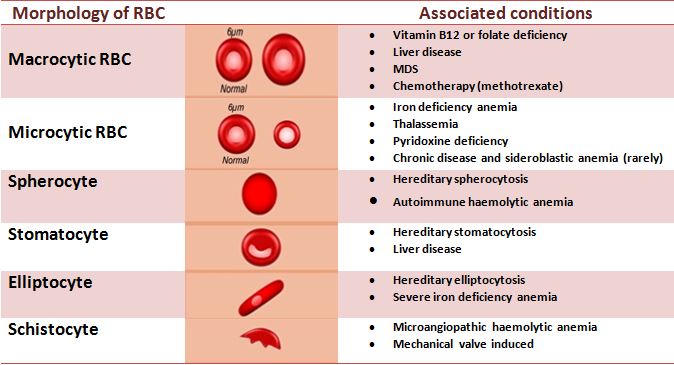How does back child support work in california
Does California Allow Retroactive Child Support?
Hossein Berenji, Jul 03, 2020
California courts expect parents to provide for the financial needs of their children. This duty applies even if the parents are divorced or they never were married.
According to California Family Code §3900, parents have an equal duty to support their children. This duty is subject to the child support guidelines and other laws.
In most cases, child support results from a divorce action. However, a parent may petition for support payments even though the parents have never lived together. The status of the parents’ relationship does not impact the duty to support the couple’s child.
Seeking Retroactive Child Support in California
The court may order retroactive child support in some cases. However, a parent cannot seek retroactive child support back to the birth of the child. Retroactive child support payments are limited to the past three years.
Courts order retroactive child support when a final order for support was delayed. Retroactive support may also be ordered if a temporary child support order was not issued at the beginning of the action.
However, the retroactive payments only cover the period between the filing of the petition and the present date. The payments cannot exceed three years.
Service of the petition seeking retroactive support is crucial. If the parent was not served within 90 days after the petition was filed, the retroactive period extends back to the date the parent was served. If the parent deliberately tried to avoid service, the judge may adjust the retroactive period.
Is Retroactive Child Support Based on Current Child Support Guidelines?
Yes, the court uses the child support guidelines to calculate retroactive child support. However, several differences could modify the amount of retroactive child support payments.
The income of both parents during the retroactive period is used to calculate retroactive support payments instead of their current income. Thus, the amount of retroactive support payments may be different from ongoing support payments.
Thus, the amount of retroactive support payments may be different from ongoing support payments.
The judge may also consider voluntary payments made by the noncustodial parent toward the child’s support during the retroactive period. For instance, did the noncustodial parent pay daycare expenses for the child or school tuition? Did the parent give the custodial parent money to help pay for the child’s expenses?
Can a Parent Receive Retroactive Child Support Payments for a Modification?
In general, the court does not grant retroactive child support payments when the court modifies current support obligations. If the court changes the amount of child support payments, the new amount for support payments applies to future payments.
The custodial parent does not receive a lump sum payment for the difference between the modified child support payment and past payments. Likewise, the parent paying child support does not receive a credit if the modified support payments are lower than the original child support payments.
How Does the Court Calculate Ongoing Child Support Payments in California?
The court calculates ongoing child support payments after deciding about retroactive support payments. Child support in California is based on uniform statewide guidelines. A specific formula is used to calculate child support in California.
The mandatory statewide formula uses each parent’s income and how much time the parent spends with the child to calculate child support obligations. The formula is designed to ensure that each parent shoulders their fair share of the support. Custody is an important part of the equation. The custodial parent typically receives child support payments from the noncustodial parent.
A judge may also consider several other factors when determining the amount of child support payments. Other factors that could impact the amount of child support include:
- the number of children the parents share;
- the number of children the parents have with other individuals;
- any expenses related to special needs;
- health insurance premiums and health care costs for the child;
- daycare or childcare expenses; and,
- the earning capacity of each parent.

If the ongoing child support payments deviate from the child support guidelines, the judge must include an explanation of how he calculated the payments and the reasons for deviating from the guidelines.
Can the Parents Agree on Another Amount for Support Payments?
Parents may agree to pay child support payments that are not based on the California child support guidelines. Some parents may agree to a higher amount of child support because their child has a special interest that results in additional expenses, such as participating in a sport or hobby. Parents may also agree to higher child support payments to help with private school tuition or other needs of the child.
However, child support agreements are subject to review by the court. If the court finds that the agreement is not in the child’s best interest, the court may order a different amount of child support payments.
Video Resource Library | CA Child Support Services
Quick-Tip Videos
60-second answers to the most frequent questions about child support – one question at a time.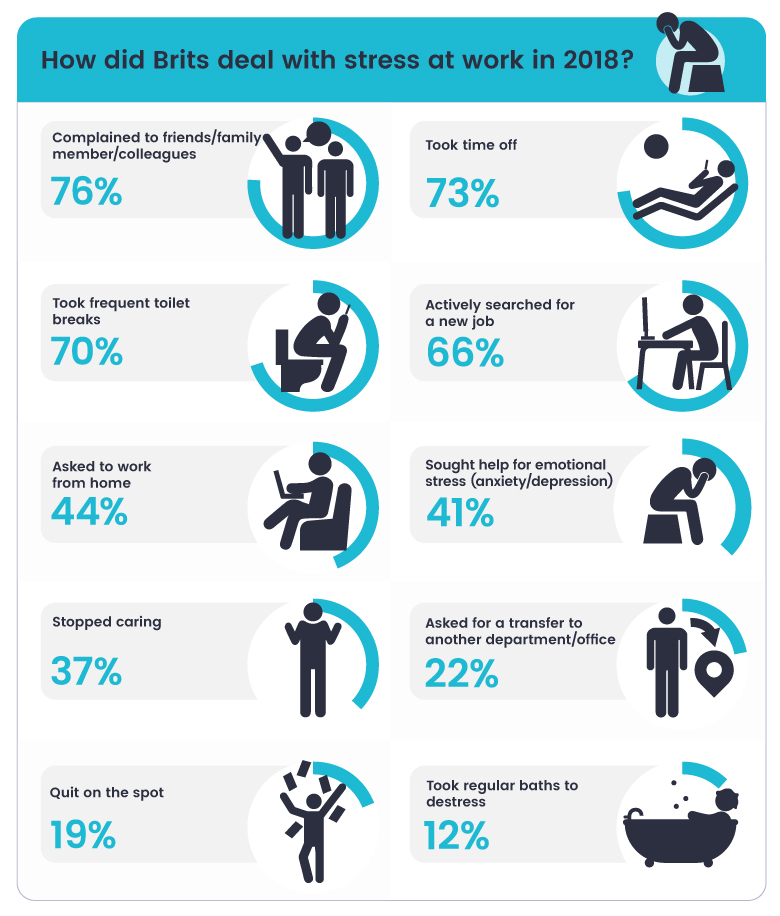
Click on each to learn more:
1. I'm paying my child support, why can't I get help with visitation rights?
2. What does California Child Support Services offer?
3. How can I sign up for Direct Deposit?
4.
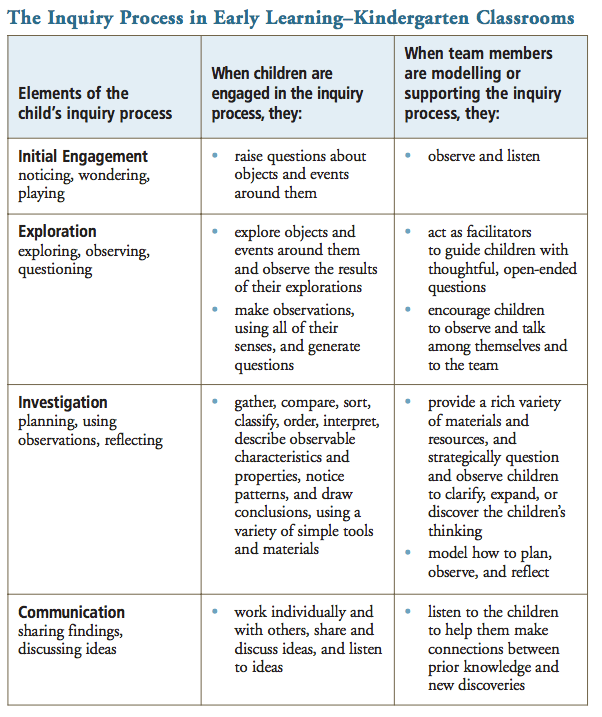 What should I do when I receive a Summons and Complaint?
What should I do when I receive a Summons and Complaint?5. What should I do if the parent paying support moves away?
6. What are my options for receiving child support payments?
7.
 There has been a job change, what do I do?
There has been a job change, what do I do? 8. How is a child support amount calculated?
9. My driver's license has been suspended due to unpaid child support. How can I get a release?
10.
 If I don't get a payment on time or at all, who do I call?
If I don't get a payment on time or at all, who do I call?11. How can I avoid going to court for child support?
12. Why do some people have to pay $35 every year for child support services?
13.
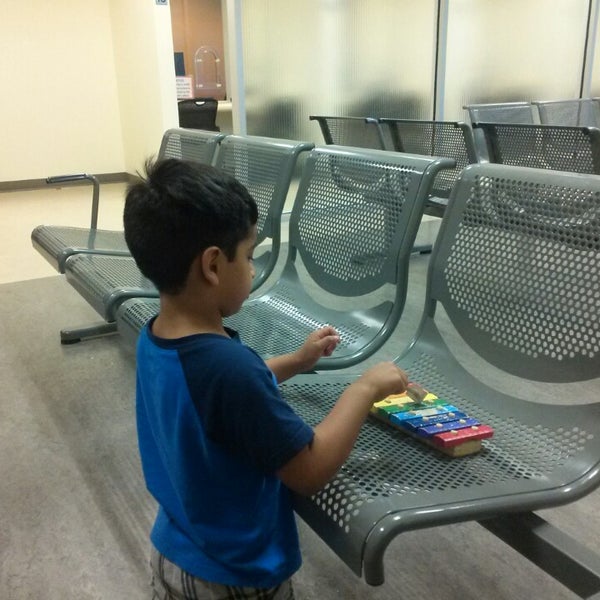 Do I have to provide health insurance for my child in a support order?
Do I have to provide health insurance for my child in a support order?14. Can I receive electronic notifications?
15. What happens when the parent ordered to pay support has money to pay child support but won't?
16.
 My passport has a hold on it. How can I get a release?
My passport has a hold on it. How can I get a release? 17. I received a child support payment, but it wasn’t the full amount. Why?
18. If the parent ordered to pay goes to jail will the party receiving support still receive pay?
19.
 How can I see my case information?
How can I see my case information?20. How can I get balance and deposit alerts for my Electronic Payment Card?
21. I am the parent paying support. But my child lives with me now. Can the child support order be changed?
22.
 If I have a private case and need to setup payments, what should I do?
If I have a private case and need to setup payments, what should I do?23. How do I sign up for Customer Connect?
24. I have a private child support case and my wages are being withheld, will this stop automatically on my child's 18th birthday?
25.
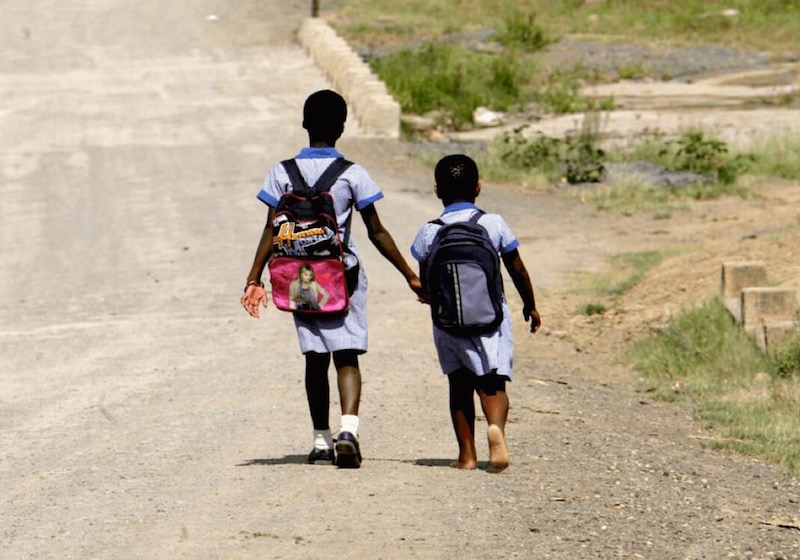 If I go to jail, do I still have to pay child support?
If I go to jail, do I still have to pay child support?26. If I owe past-due child support, who do I contact to remove a property lien?
27. I am not getting my questions answered when I try to ask about my case. What can I do?
28.
 What can and can't Child Support Services do?
What can and can't Child Support Services do?29. If I have a private case and need help, can I use Child Support Services?
30. What is the SDU and why do payments have to go through it?
31.
 What does "private child support case" mean?
What does "private child support case" mean?32. Who can I talk to about my bank levy?
33. What is Customer Connect and can I get a history of all the payments on my case?
34.
 What are my payment options?
What are my payment options?35. How do I make a payment on the website?
36. Can I get an Electronic Payment Card if I live outside the US
37. Why doesnt Child Support enforce custody?
38. What is an Electronic Payment Card?
39. What is Allocation?
40. What is Stipulation?
41.
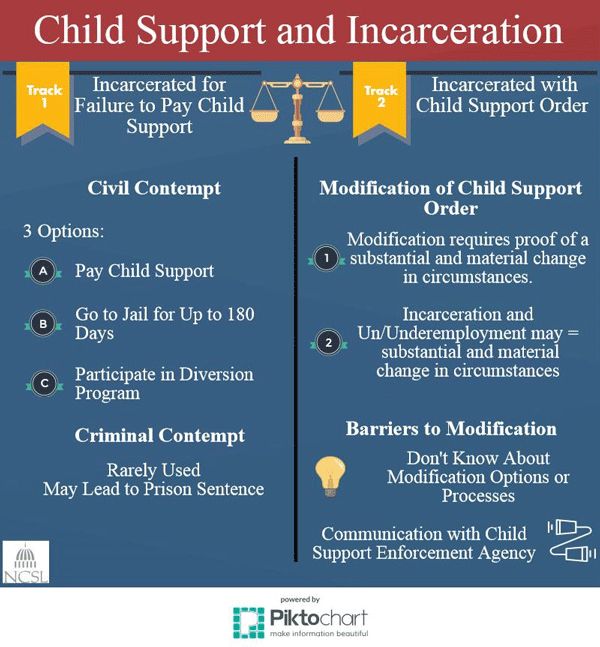 What if I have questions about my Electronic Payment Card?
What if I have questions about my Electronic Payment Card? 42. One or both parents have more kids, will this affect this child support?
43. Does CA Child Support collect spousal support?
44.
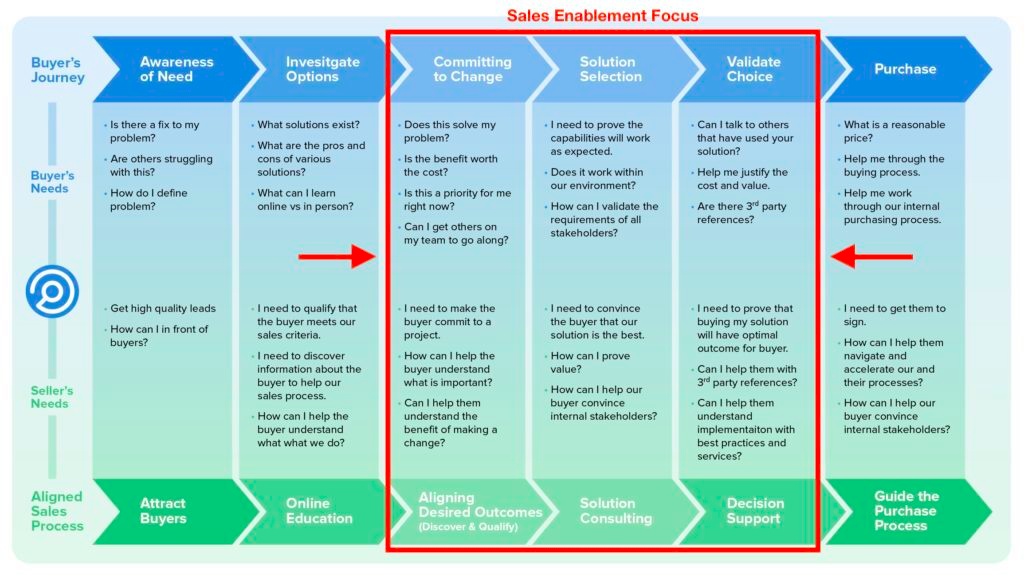 Do I have to get a different Electronic Payment Card for each case?
Do I have to get a different Electronic Payment Card for each case?45. Can I sign up for Direct Deposit if I live outside the US?
46. My employer withholds support from my paycheck. Do I need to do anything?
In what currency should a foreigner pay child support - Legal advice
Gilles Andishu (Lipetsk) 07/21/2022 Heading: Family
I am French, my income is indicated in euros.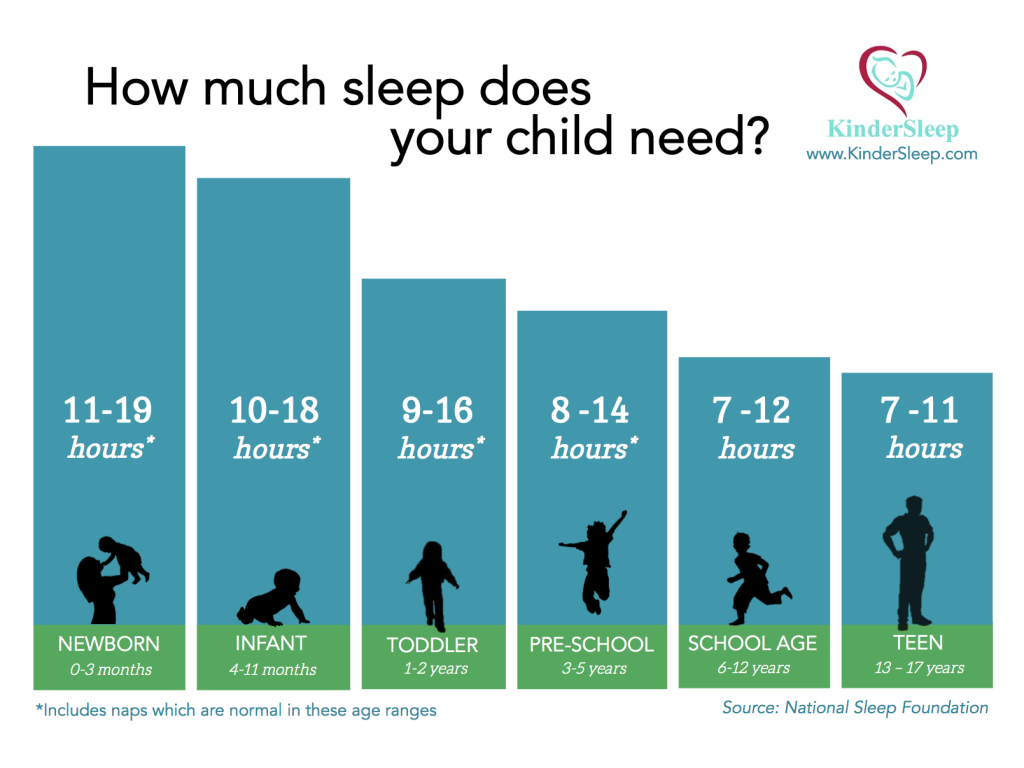 How should alimony for my minor daughter be calculated and paid: in euros or in rubles?
How should alimony for my minor daughter be calculated and paid: in euros or in rubles?
Alimony
Vahram Davtyan
Consultations: 51
According to art. 163 of the RF IC, the rights and obligations of parents and children, including the obligation of parents to support children, are determined by the legislation of the state in whose territory they have a joint place of residence. In the absence of a joint place of residence of parents and children, the rights and obligations of parents and children are determined by the legislation of the state of which the child is a citizen. At the request of the plaintiff, the legislation of the state in whose territory the child permanently resides may be applied to maintenance obligations and to other relations between parents and children.
The above provision establishes the possibility of applying Russian law when collecting alimony.
According to Art. 80 of the RF IC, parents are obliged to support their minor children. Parents have the right to conclude an agreement on the maintenance of their minor children. In the absence of an agreement between the parents, in the event that one of the parents does not provide maintenance for his minor child, the funds for the maintenance of minor children are collected in court.
Parents have the right to conclude an agreement on the maintenance of their minor children. In the absence of an agreement between the parents, in the event that one of the parents does not provide maintenance for his minor child, the funds for the maintenance of minor children are collected in court.
Thus, the parents of a child have the right to voluntarily conclude an agreement on the payment of alimony, which may provide for the amount, conditions, procedure and form of payment of alimony, including by transferring money for the maintenance of the child to a bank account opened in the name of the minor.
In the absence of agreement between the parents, the amount of alimony collected in court is determined taking into account the provisions of paragraph 1 of Art. 81, paragraph 1 of Art. 83 RF IC.
So, by virtue of paragraph 1 of Art. 81 of the RF IC, in the absence of an agreement on the payment of alimony, alimony for minor children is collected by the court from their parents on a monthly basis in the amount of: for one child - one quarter, for two children - one third, for three or more children - half of earnings and (or) other income parents.
According to paragraph 1 of Art. 83 of the Family Code of the Russian Federation, the collection of alimony for minor children can also be made in hard money in the absence of an agreement between the parents on the payment of alimony for minor children, and also in cases where the parent obliged to pay alimony has irregular, changing earnings and (or) other income, or if this parent receives earnings and (or) other income in whole or in part in kind or in foreign currency, or if he has no earnings and (or) other income, as well as in other cases, if the collection of alimony as a share of earnings and ( or) other income of the parent is impossible, difficult or significantly violates the interests of one of the parties, the court has the right to determine the amount of alimony collected on a monthly basis, in a fixed amount of money or simultaneously in shares and in a fixed amount of money.
Based on Art. 75 of the Constitution of the Russian Federation, the monetary unit in the Russian Federation is the Russian ruble.
The procedure for foreclosing wages, as well as types of income, the procedure for collecting alimony, including in foreign currency, are governed by the provisions of Art. 70 and ch. 11 (Art. 98-102) of the Federal Law of 02.10.2007 N 229-FZ "On Enforcement Proceedings".
The relationship of these articles and their analysis allows us to conclude that when resolving the issue of withholding alimony in foreign currency and calculating the amount of money in Russian rubles (in the event that alimony is established by a judicial act not in a fixed amount of money, but in proportion to wages payment) the bailiff, by his decision, obliges the bank or other credit organization in which the funds are located in foreign currency, to sell the debtor's foreign currency in the amount necessary to fulfill the requirements contained in the executive document, taking into account the collection of costs for enforcement actions and performance fee imposed by the bailiff-executor in the process of execution of the executive document.
You can also read the article on our website for more information about child support.
Thank you:
USA: intimidate Russia | 10/07/2022, InoSMI
InoSMI materials contain only assessments of foreign media and do not reflect the position of the editors InoSMI
The presence of the Kinzhal Brigade in Poland should intimidate Russia and reassure NATO partners in the region. This is not about the official mission of NATO, but about the presence of the American army in agreement with allies interested in it. The question is: will the deployment of troops calm the situation or lead to an escalation of the conflict?
Sebastian Leber
3,300 men, tanks and howitzers: The US Army is about to rid Eastern Europe of its fear of Russia—with the help of an army that is surprisingly gentle in its attempts at intimidation.
Mushrooms are to blame, says John Donlin. Basically, Abrams-type tanks were ready to open fire already yesterday.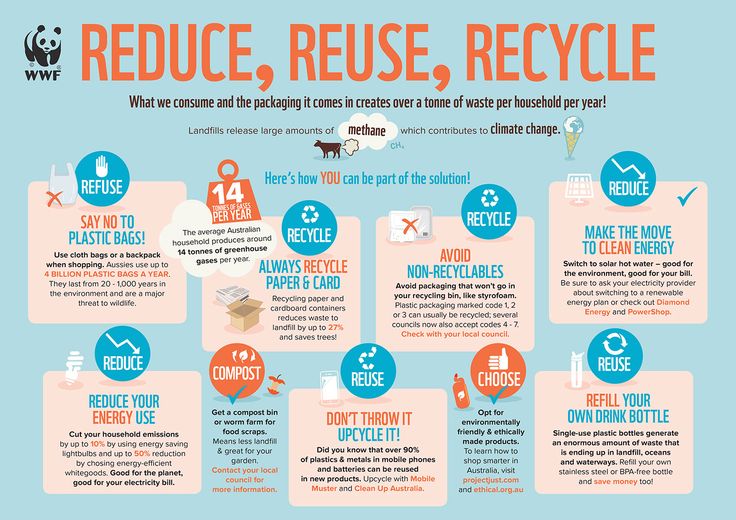 A few hours after unloading from the train. The battalion commander probably received explanations of the reasons for the difficulties from his Polish colleagues, but if he understands correctly, local residents flock to the forest at this time of the year to collect porcini mushrooms, which they then dry and eat for Christmas. At the same time, they are not afraid of warning posters about approaching the forbidden military zone. Because it was foggy yesterday, Donlin put off practice shooting. He did not want to take risks, because an accident could happen.
A few hours after unloading from the train. The battalion commander probably received explanations of the reasons for the difficulties from his Polish colleagues, but if he understands correctly, local residents flock to the forest at this time of the year to collect porcini mushrooms, which they then dry and eat for Christmas. At the same time, they are not afraid of warning posters about approaching the forbidden military zone. Because it was foggy yesterday, Donlin put off practice shooting. He did not want to take risks, because an accident could happen.
But now it sounds like the whole camp is under fire. Although the tanks are firing hundreds of meters away, explosions are heard in the dormitories, showers and dining room. It doesn't bother anyone. The John Donlin Battalion is part of an army of 3,300 men sent by the United States to Poland. The official name of which is: "Second Armored Brigade of the 1st Infantry Division." Nickname: "Dagger Brigade" Its units are gathering in the fields near Zhagan, 170 kilometers southeast of Berlin.![]() From here, in the coming weeks, they will be sent to various NATO member states in Central and Eastern Europe, where they will take part in military exercises. They brought hundreds of tanks, howitzers and armored vehicles.
From here, in the coming weeks, they will be sent to various NATO member states in Central and Eastern Europe, where they will take part in military exercises. They brought hundreds of tanks, howitzers and armored vehicles.
Intimidate some, appease others
The presence of the Kinzhal Brigade should intimidate Russia. And at the same time to reassure NATO partners in the region who fear the continuation of Russian aggression after the annexation of Crimea and the invasion of eastern Ukraine. This is not about the official mission of NATO, but about the mission of the American army in agreement with allies interested in it. The question is: will the deployment of troops calm the situation or lead to an escalation of the conflict?
Captain Terry Battison stands on a lookout 20 kilometers south of Camp Karliki. In front of him is a huge open space, on which four tanks and six armored vehicles alternate back and forth. They fire at wooden structures placed in the distance. First, the muzzle flame is visible, after a second, the sound of a shot is heard. "Physics," says Battison. "That's why you never hear a bullet that will kill you."
First, the muzzle flame is visible, after a second, the sound of a shot is heard. "Physics," says Battison. "That's why you never hear a bullet that will kill you."
Terry Battison is 35 and grew up in Ohio. He says that his decision to join the army was due to the September 11, 2001 attacks. "I had a feeling that I had to do something." Battison has already been to Afghanistan, this is his first operation in Europe. Here he will not have to fight, he will be able to move freely and go to the neighboring city for shopping. After arriving, he did not have jet lag. His colleagues on the observation deck hold their smartphones and exchange photos of the exercises. Then they all turn around, low-flying Apache attack helicopters approaching from the south. One of the soldiers says, "This is freedom."
Apaches quickly reached their target, froze in the air, they fire rockets and fire volleys. On this day, they did not leave a single wooden opponent intact.
Just in September, Russia, for its part, together with allied Belarus, conducted its own large-scale exercises.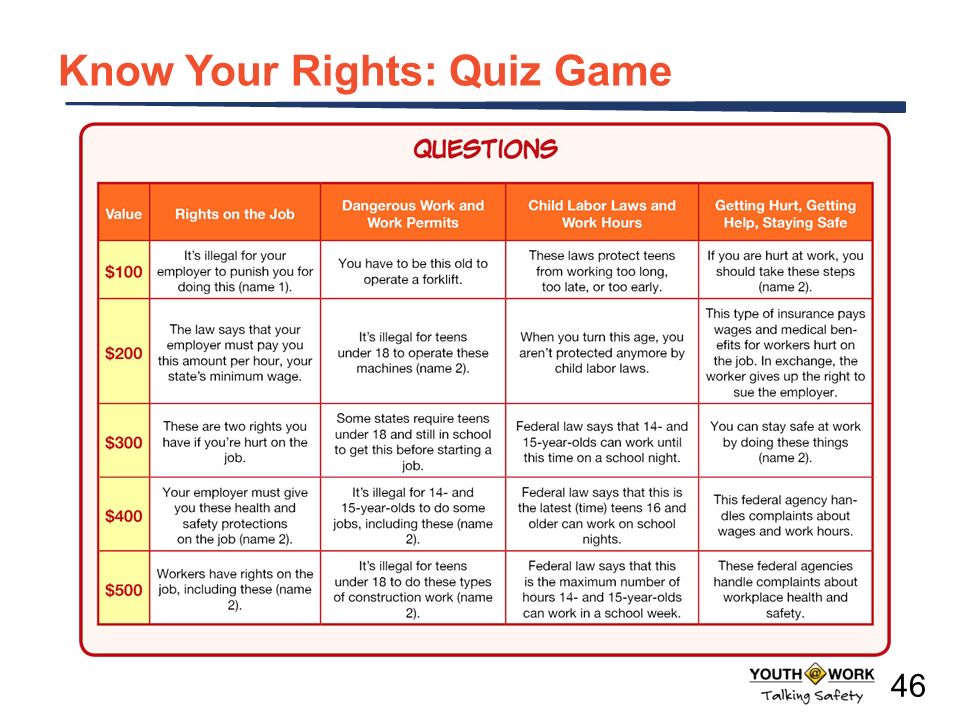 They were called West. According to official figures, only 12.7 thousand soldiers participated in them, but NATO suggests that several times more. A strong understatement could have practical reasons: when conducting exercises with 13 thousand or more soldiers, foreign observers should be allowed to participate in them.
They were called West. According to official figures, only 12.7 thousand soldiers participated in them, but NATO suggests that several times more. A strong understatement could have practical reasons: when conducting exercises with 13 thousand or more soldiers, foreign observers should be allowed to participate in them.
In fact, the “Dagger Brigade”, in turn, is just a changing of the guard. It will replace the Iron Brigade, which was sent to Poland back in January. Now, if the rotation is successful, this will happen every nine months. Each army brings its own weapons, its own transport, organizes its own infrastructure. Why such huge logistics costs?
Terry Battison says it's about "readiness". Readiness in a serious case to quickly engage in battle and strike. The ability of the brigade within 50 days to transfer all its personnel and equipment from their native barracks in Kansas to Texas Beaumont by train, from there by ship across the Atlantic, from Gdansk to Poland and Bremerhaven further to the Polish province and there within a few hours to be in such combat readiness that only local mushroom pickers could stop them.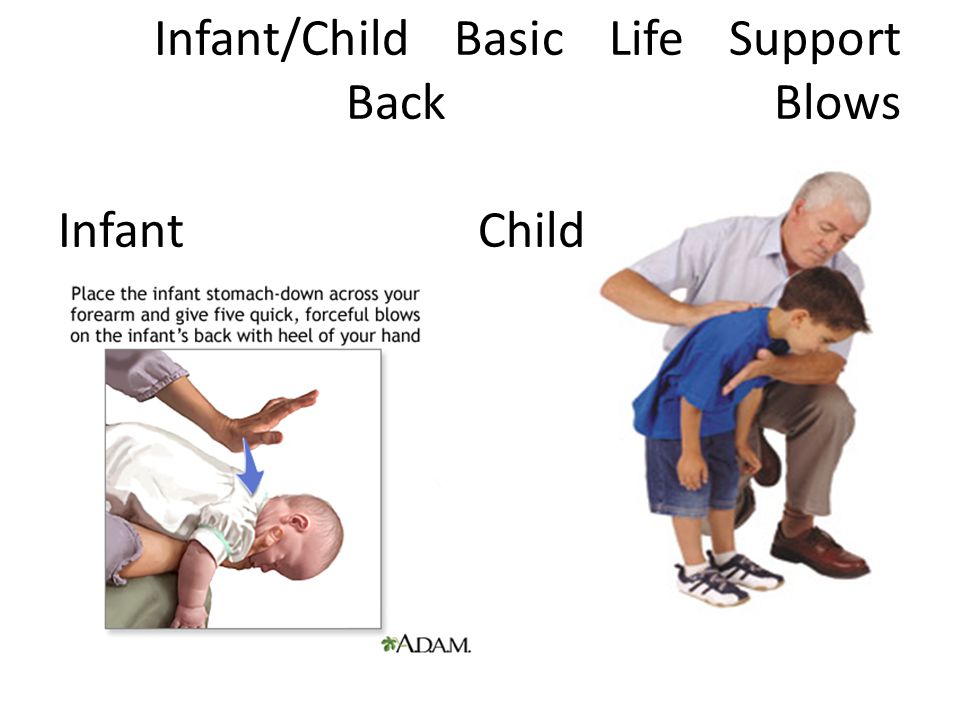 “We have demonstrated our 'readiness' impressively,” says Battison.
“We have demonstrated our 'readiness' impressively,” says Battison.
Will paint first
Kuwait was the last foreign base for the brigade. Therefore, the tanks that are now standing in the clay mess near the Karliki camp are still sandy in color. An ideal camouflage for the desert, but still unsuitable for the landscapes of Eastern Europe. In the coming days, buckets of paint and rollers will be distributed to the soldiers. It's not much different than painting the walls in an apartment, says one of them. You just have to try harder. Meanwhile, the tanks of the now replaced Iron Brigade had already been taken to Bremerhaven. Before they can sail back to the US, they will be thoroughly cleaned to ensure that the army does not introduce any insects or plants that could crowd out native species in America.
The brigade, which is now leaving, is a soldier with Polish roots: Bartek Czarnik was born in New York, his parents are immigrants. He says some of his co-workers had a distorted view of Eastern European states prior to the mission, especially because of movies like Borat. Fortunately, they quickly realized that Eastern Europe was not as ignorant and underdeveloped as it was shown in the film. He says that he understands well the desire of the Poles to see a strong US presence in their country.
He says some of his co-workers had a distorted view of Eastern European states prior to the mission, especially because of movies like Borat. Fortunately, they quickly realized that Eastern Europe was not as ignorant and underdeveloped as it was shown in the film. He says that he understands well the desire of the Poles to see a strong US presence in their country.
Free access to the soldiers
Anyone who has been invited as a journalist to visit the camps near Zagan gets surprisingly free access to the soldiers. He learns that a tank ride in Poland is more pleasant than in Kuwait because the Abrams are heated but not air conditioned. That soldiers are surprised by the German Leopard tanks, because they still run on diesel. That the army is for many a chance for social advancement, because whoever serves three years starts with at least two thousand pre-tax dollars per month and has a good chance of getting a college scholarship.
He also learns that some units have already been invited to mug painting, a favorite activity in the region, and that they actually ended up enjoying it. Only one thing is carefully avoided by the soldiers: the answer to the question of who exactly here really needs to be intimidated. At one press conference, the commander of the departing brigade and his Polish colleague carefully avoided words like “Russia” or “Putin” for 25 minutes. Instead, only "potential enemies" sounded.
Only one thing is carefully avoided by the soldiers: the answer to the question of who exactly here really needs to be intimidated. At one press conference, the commander of the departing brigade and his Polish colleague carefully avoided words like “Russia” or “Putin” for 25 minutes. Instead, only "potential enemies" sounded.
In Bolesławiec, a city of 40,000 inhabitants near Žagan, soldiers were solemnly welcomed in February. There were rocket launchers in the pedestrian zones, cannons fired confetti into the air, the music from the Rocky movie was playing, and on the stage the brigade commander stated in all seriousness that here, on the market square of the city of Bolesławiec, he was looking at the greatest people in the world.
What was most striking in those days in western Poland was how the conflict between the most powerful army in the world and the second most powerful army at the same time could turn out to be a celebration of friendship between peoples and mutual understanding.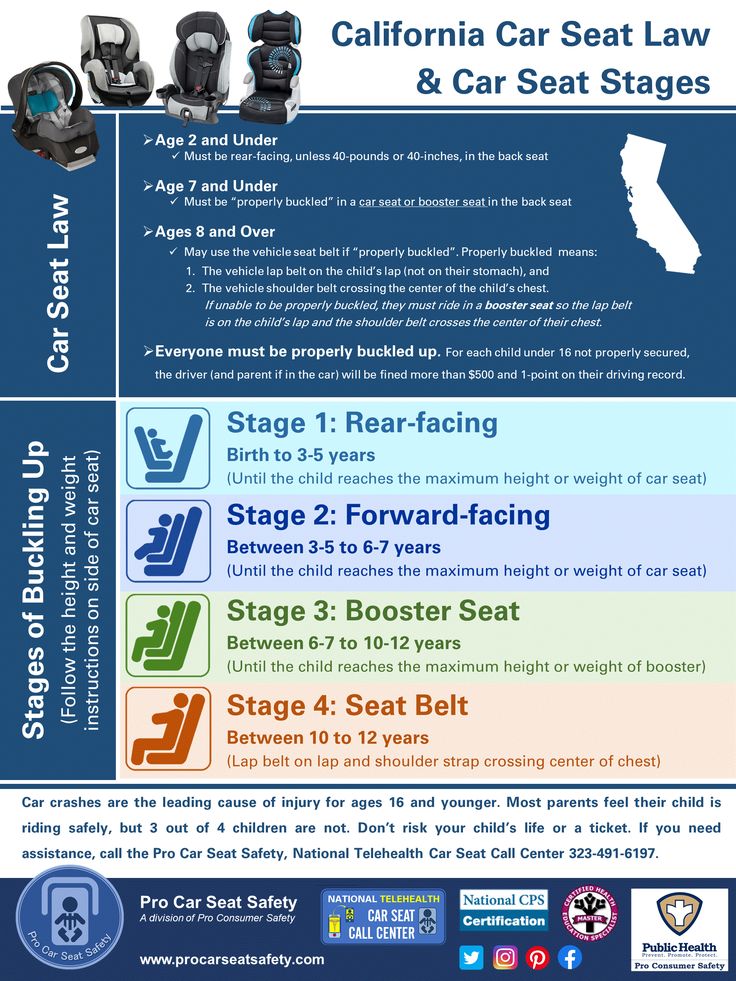
On Monday afternoon, Mayor Slawomir Kowal invites a press conference at the Žagan city hall to praise the positive impact the soldiers have had on his town. New restaurants have been opened because of foreign guests, he says. Some soldiers from the departing brigade helped with English lessons in schools. Others handed out small gifts to children in the marketplace. Slawomir Koval has no doubt that American troops are the best thing that could happen to his community.
If you walk around the center of Zhagan and ask the locals how American soldiers have behaved so far, the answer will be unanimous: they are very polite. Pleasant, unobtrusive and courteous. The only negative: American soldiers are considered bad drivers. In fact, there have already been many accidents. Some say that Americans are not used to the poor condition of local roads. Others say they just don't know how to drive. This week in the local newspaper, again on the front page is a photograph of an overturned army vehicle. Presumably, the cause of the accident was "excessive speeding."
Presumably, the cause of the accident was "excessive speeding."
A complete change of the brigade in nine months will also avoid a diplomatic scandal. Even before NATO first began accession talks with former Warsaw Pact states in 1997, it negotiated a protocol of intent with Russia to build mutual trust. NATO also promised that it would not "deploy substantial additional troops for an extended period." Since the 3,300 people who have arrived now will be replaced in three quarters of a year, the deployment is not long-term, the American side claims.
Russia considers this to be verbose. Vladimir Putin announced back in January that this operation was viewed as a threat to his own security and interests. Poland, by contrast, has long desired a permanent deployment of US troops. America, in her opinion, should not be considered with the 1997 agreements. After the annexation of Crimea, in any case, they will no longer operate.
"Almost like in Oregon"
At the edge of the Žagani pedestrian zone, six young American soldiers in civilian clothes stand in front of an ATM and withdraw their first złoty. 200 each, that's $55. One of them says that this area reminds him of Oregon. So many trees around. He wants to use the next nine months to get to know Polish culture and history as closely as possible. Another says that he would like to find a Polish girlfriend. Then they fussily put out their cigarettes. A woman with a stroller approaches from behind. A child should not suffer from smoke, they say.
200 each, that's $55. One of them says that this area reminds him of Oregon. So many trees around. He wants to use the next nine months to get to know Polish culture and history as closely as possible. Another says that he would like to find a Polish girlfriend. Then they fussily put out their cigarettes. A woman with a stroller approaches from behind. A child should not suffer from smoke, they say.
The idea of sending brigades was developed under Barack Obama. After Donald Trump's election victory, NATO's Eastern European partners worried that the US might cancel the operation. After all, Trump has repeatedly called NATO obsolete and unprofitable, even "obsolete." Those fears have vanished. In May, he announced that he wanted to develop a "European Security Initiative" that also included redeployment of brigades. Trump plans to allocate $4.8 billion for this next year, up $1.4 billion from 2017.
Bureaucratic barriers interfere
But on this issue, there has long been no unity among NATO partners.








